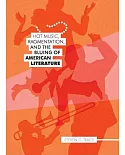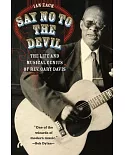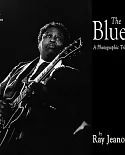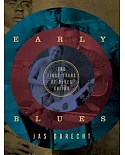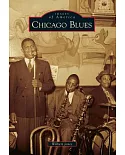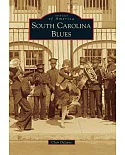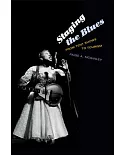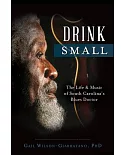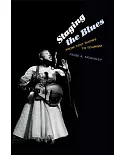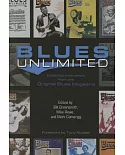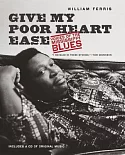The prevailing discourse surrounding urban music education suggests the deficit-laden notion that urban school settings are "less than," rather than "different than," their counterparts.
Through the lens of contextually-specific teaching, this book provides a counternarrative on urban music education that encourages urban music teachers to focus on the strengths of their
students as their primary resource.
Through a combination of research-based strategies and practical suggestions from the author’s own experience teaching music in urban settings, the book highlights important issues for teachers
to consider, such as culturally relevant pedagogy, the "opportunity gap," race, ethnicity, socioeconomic status, musical content, curricular change, music program development, student
motivation, and strategies for finding inspiration and support.
Throughout the book, the stories of five highly successful urban music teachers are highlighted, providing practical, real-world advice for music teachers across the domains of general, choral,
band, and string music teaching. Recognizing that the term "urban" can encompass a wide variety of different school and community settings, this book challenges all teachers who work in
under-served and under-resourced settings to take a critical look at their own music classroom and work to tailor their pedagogy to meet the particular needs of their students.






